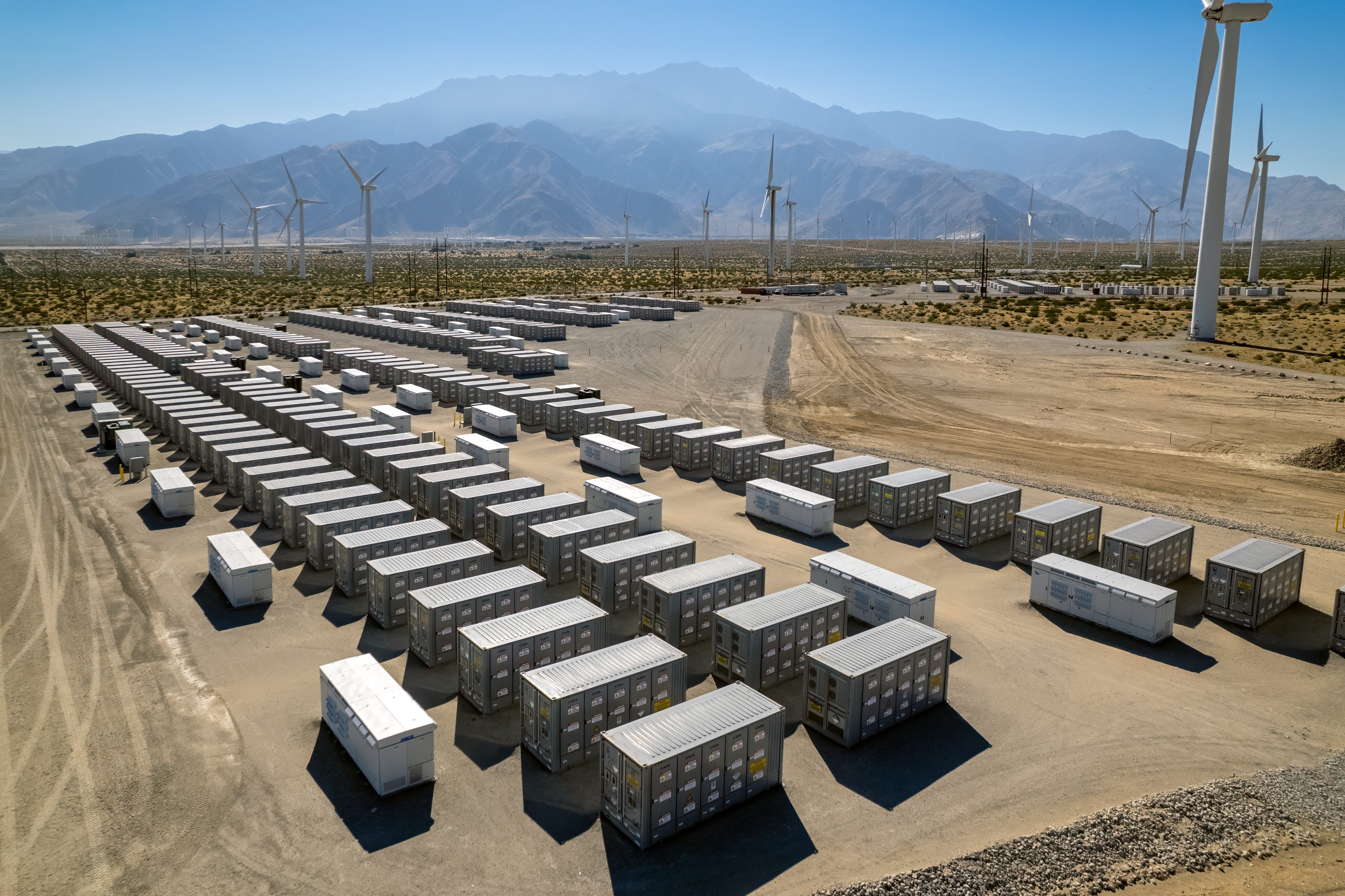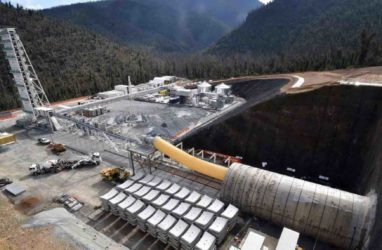Breakthroughs in battery technology are pivotal in reshaping the global energy landscape, driving the transition to clean energy and impacting various sectors, including transportation and utilities. As the demand for energy storage escalates, stakeholders must navigate the complexities of this evolving market. The central challenge lies in balancing innovation with scalability; while advancements in battery chemistry and design promise enhanced performance and sustainability, the speed of adoption and integration into existing infrastructures remains a critical concern. Businesses, policymakers, and investors must remain vigilant and proactive to harness these developments effectively, ensuring that they align with broader environmental goals and economic viability.
The future of energy storage hinges on several key insights that underscore the importance of collaboration and investment in research and development. Innovations in solid-state batteries, for instance, could significantly enhance energy density and safety, while advancements in recycling technologies may mitigate environmental impacts. As the clean energy transition accelerates, the implications for energy policy and market dynamics are profound; a strategic focus on battery innovation will not only facilitate the integration of renewable energy sources but also drive economic growth and job creation in emerging sectors. Stakeholders must prioritize these insights to navigate the complexities of the energy storage landscape effectively.







